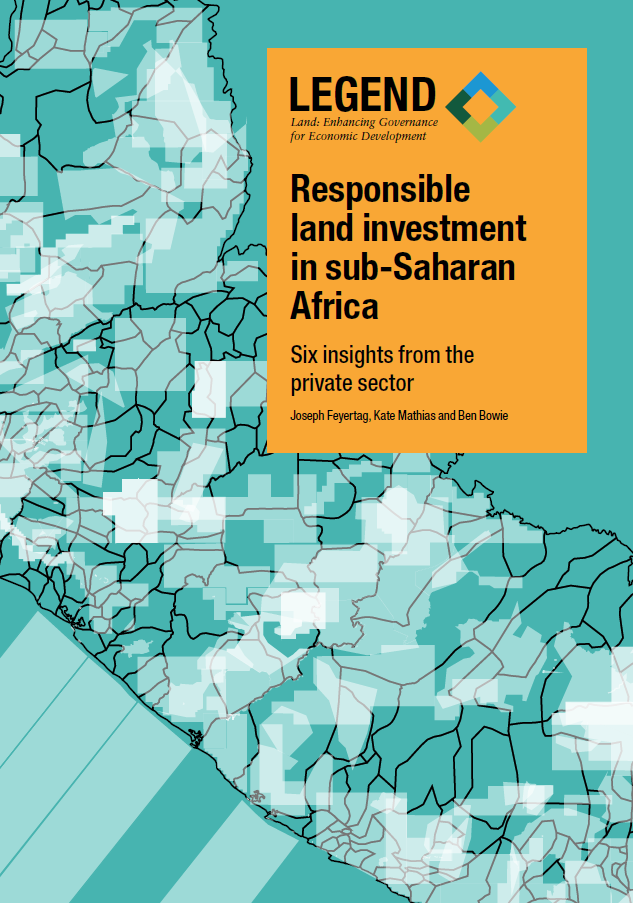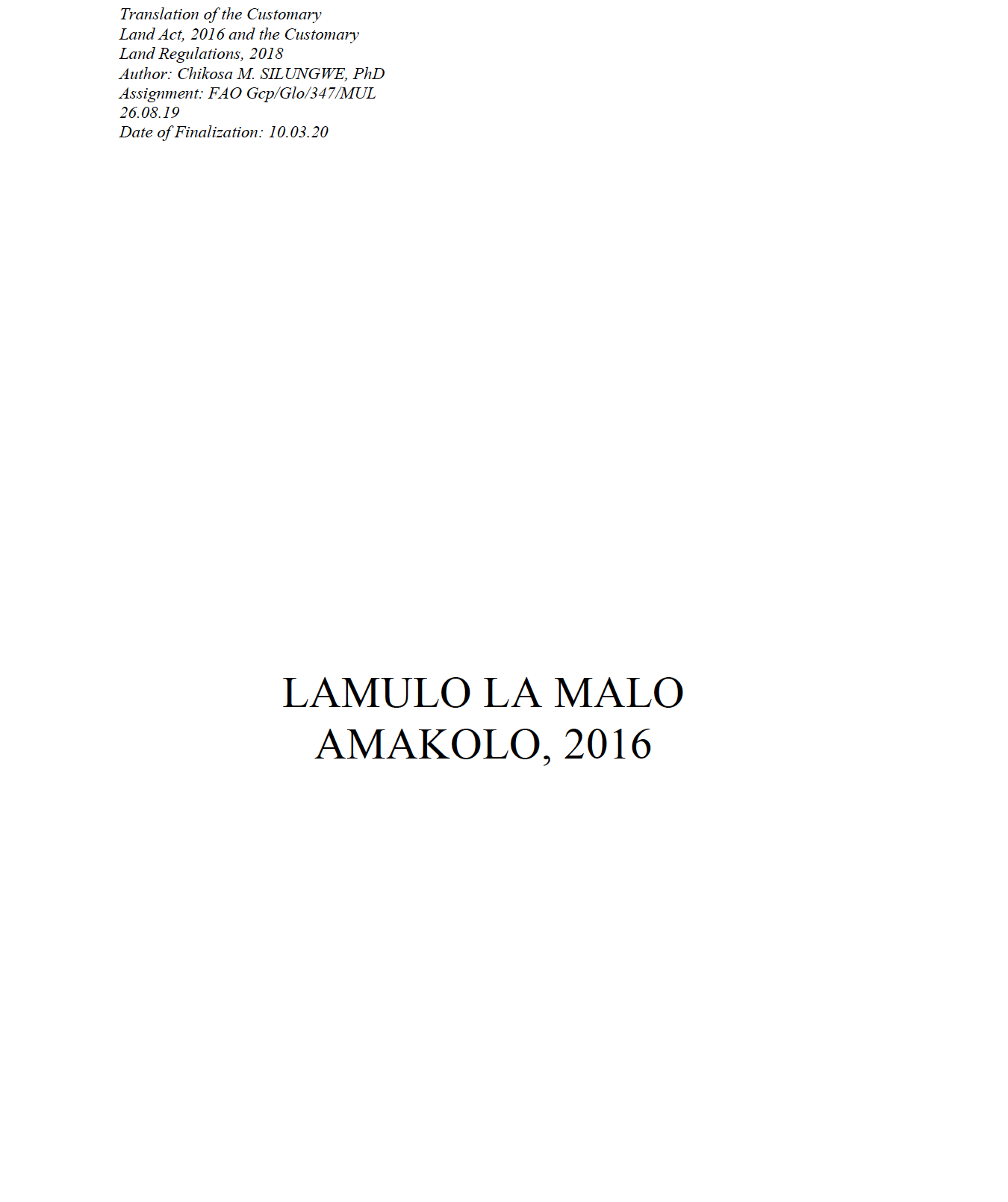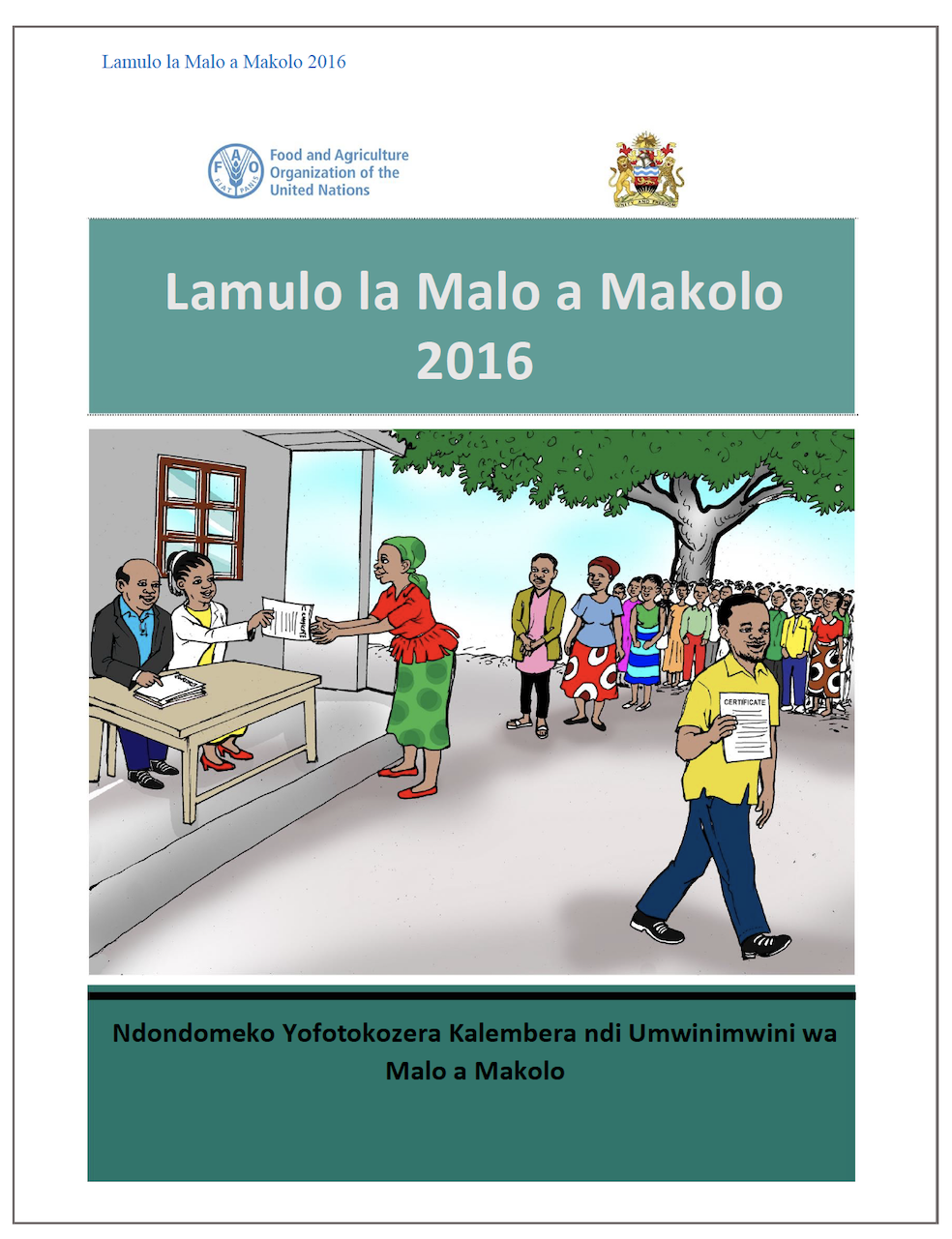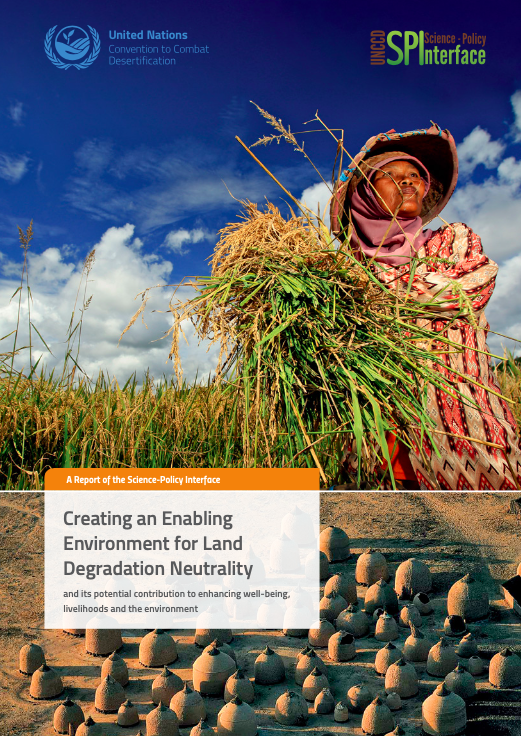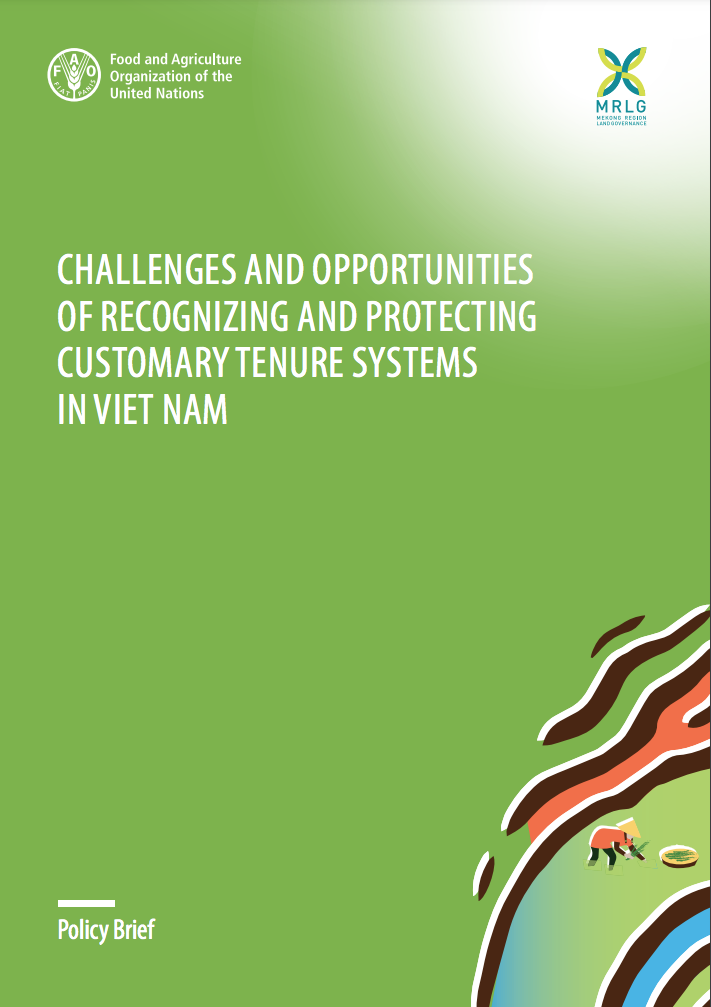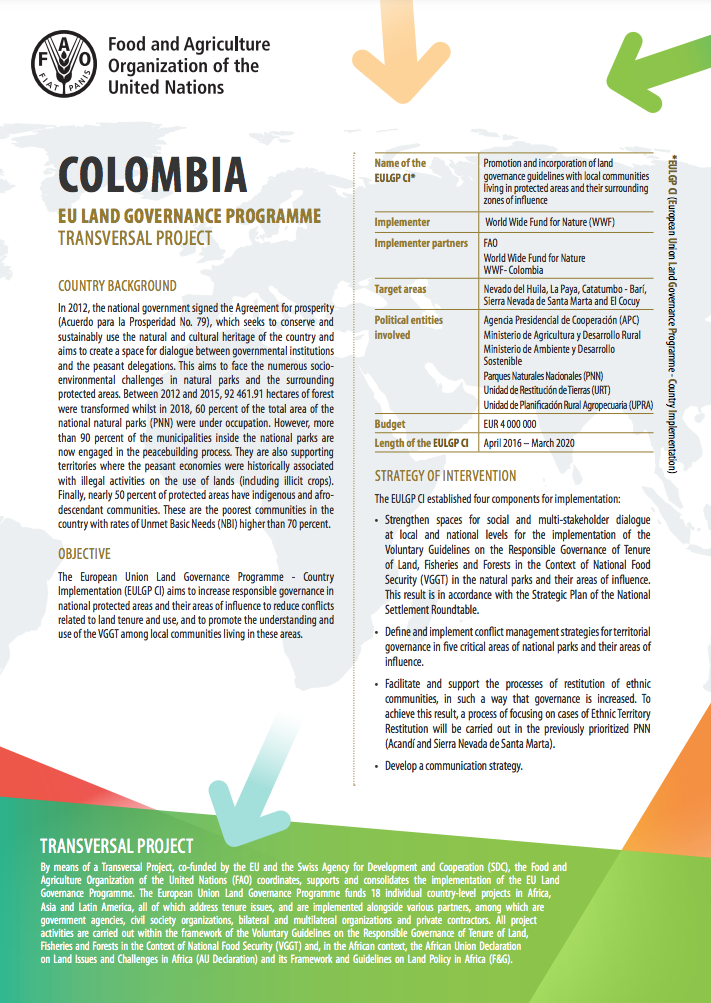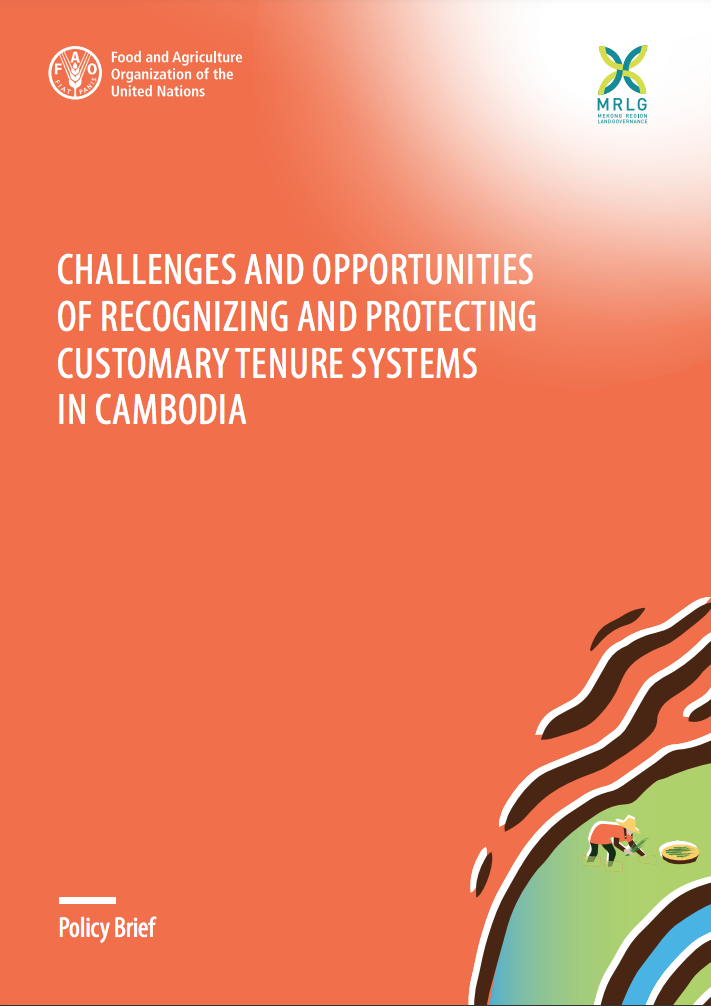How to monitor implementation of the Voluntary Guidelines for Securing Sustainable Small-Scale Fisheries?
n 2014, the FAO Committee on Fisheries (COFI) endorsed the Voluntary Guidelines for Securing Sustainable Small-scale Fisheries in the Context of Food Security and Poverty Eradication (SSF Guidelines).

